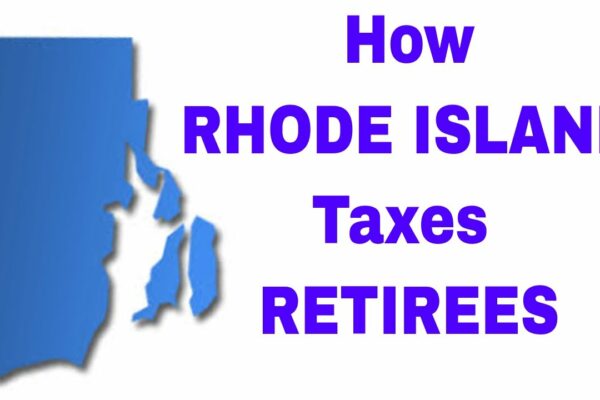
Is Rhode Island subject to taxing federal pensions?
Rhode Island residents often wonder about the tax implications of their federal pensions. The state does not tax federal pensions, meaning retirees can enjoy their retirement income without worrying about additional state taxes. This exemption provides financial relief and certainty for pensioners while making Rhode Island an attractive option for those seeking a tax-friendly retirement destination.


